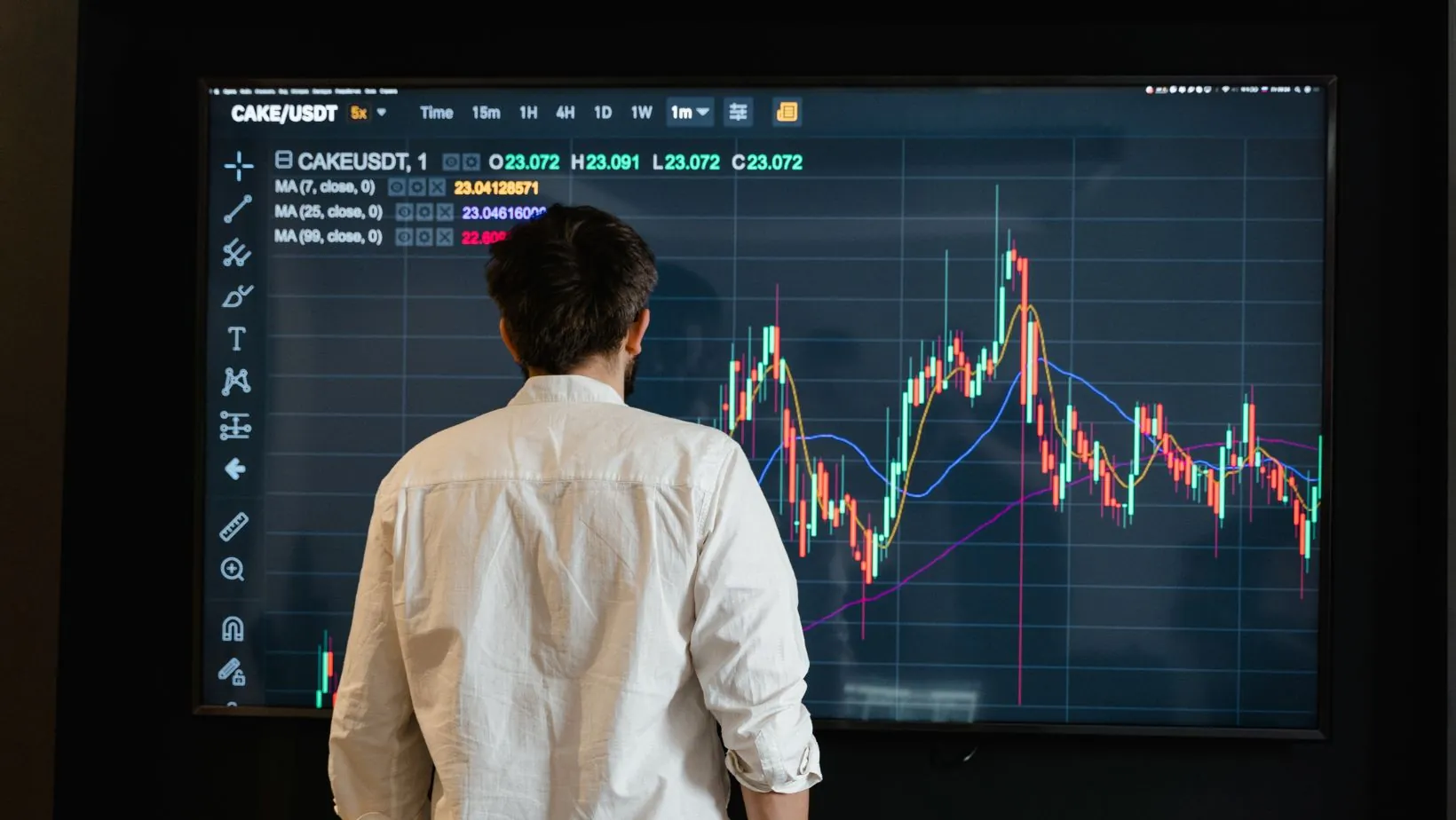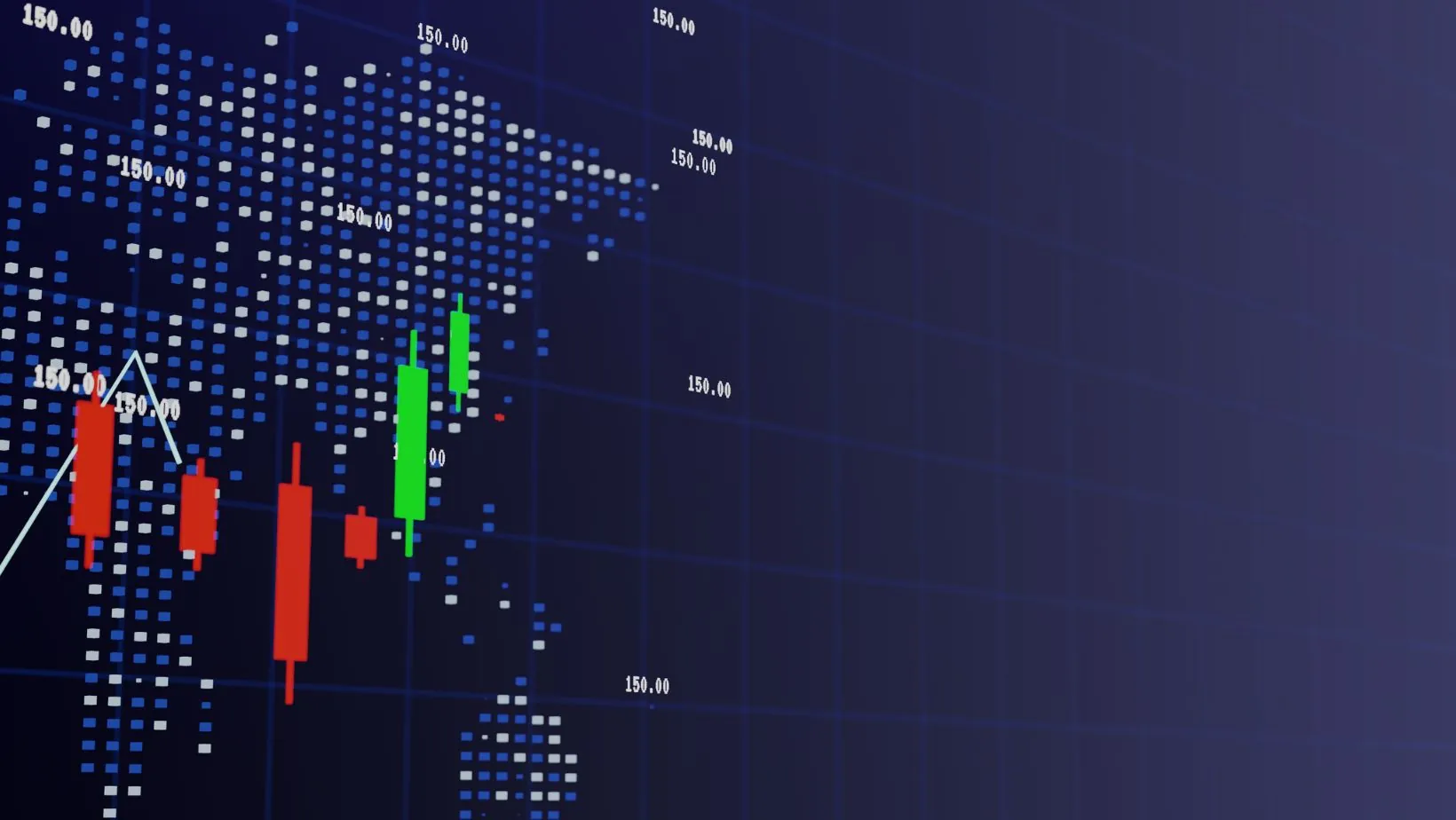The forex market, short for “foreign exchange,” is the largest financial market in the world. It operates 24 hours a day, enabling the continuous exchange of global currencies. This system supports a wide range of financial activities, from international trade and investment to travel and digital services.
In a digitally connected economy, smooth currency exchange is crucial. Instant currency conversion supports global trade, e-commerce, and cross-border transactions—making forex a key part of the modern financial system. Gaining a clear understanding of what is forex helps underline its role in enabling these seamless, real-time exchanges.
Powering Global Trade and Digital Commerce
Modern commerce is no longer confined by borders. Businesses routinely source materials, talent, and services from across the globe. Whether a fashion retailer in Europe is importing fabrics from India or a startup in Singapore is outsourcing developers from Brazil, currency exchange makes these transactions possible. Forex trading ensures that these payments are not only possible but also efficient.
By converting currencies at competitive rates, businesses can keep costs manageable and profits predictable. This exchange process enables businesses to settle international invoices, make global investments, and pay remote employees or contractors. As digital commerce grows, so does the reliance on seamless forex services. E-commerce platforms, remote freelancers, and global subscription services all rely on currency exchange to function effectively.
Keeping the Markets Liquid and Responsive
One of the most valuable contributions of the forex market is its role in maintaining global liquidity. Liquidity refers to how quickly and easily assets can be converted into cash. In forex terms, it means how easily a currency can be bought or sold without causing significant price changes. High liquidity makes markets more stable and transparent. It ensures tight spreads—the small difference between buying and selling prices—which benefits traders and institutions alike.
When billions of dollars are moved at lightning speed across continents, low friction becomes vital. In a connected economy, financial decisions are made in real time. Investors analyze global news, assess risk, and move funds within minutes. Forex markets respond to these shifts immediately, reflecting current sentiment and adjusting prices dynamically. This responsiveness is what keeps the global financial system adaptable and resilient.
Managing Currency Value Changes in International Business
Currency values can shift quickly. Changes in economic policies, political developments, natural events, and even trending global news can influence exchange rates. For businesses involved in international trade, these fluctuations can impact expected earnings or costs. To manage these changes, the forex market provides useful tools like hedging. For example, a company that is set to receive payment in a foreign currency in three months can use a forex contract to lock in today’s exchange rate.
This approach ensures that the value of the payment remains stable, even if the currency weakens during that time. Using such strategies helps businesses keep their financial plans on track. Whether it’s a multinational enterprise or an import/export firm, managing currency exposure allows for more accurate forecasting and smoother budgeting. In this way, forex acts as a safeguard for revenue streams influenced by currency shifts in international markets.
The Role of Technology in Forex Accessibility
Digital connectivity has dramatically reshaped forex trading. What was once the domain of large institutions and banks has now become accessible to a wider range of participants. Online platforms provide real-time quotes, in-depth analysis, and sophisticated trading tools to individuals and professionals alike. With smartphones, cloud computing, and mobile banking, trading has become more accessible.
Automated systems now analyze trends and execute trades with precision, boosting efficiency in a market that operates around the clock. For traders and financial institutions, this means faster decision-making and greater control. For businesses and individuals, it brings financial opportunities that were previously out of reach. The digital age hasn’t just enhanced forex—it has fundamentally changed who can participate and how.
Reliable Forex Infrastructure for Global Participants
A strong forex infrastructure is crucial for enabling digital participation. Some financial service providers offer tools like multi-asset platforms, real-time data, and educational resources to support both institutional and retail traders. These platforms cater to users with varying levels of experience and financial goals. By offering regulated and stable environments, they help maintain trust in a fast-paced market.
As demand grows for transparency, security, and smooth execution, reliable trading systems become even more important. Providers that build solid ecosystems play a key role in supporting the forex market’s growth and stability.
Forex plays an essential role in driving efficiency, stability, and growth across the digitally connected economy. By enabling fast and secure currency exchange, supporting international business operations, and offering tools to navigate currency fluctuations, the forex market acts as a cornerstone of global financial activity. Understanding what is forex highlights how this system supports seamless financial flows across borders. With advancing technology and robust trading infrastructures, its influence continues to expand—making it not just a market for trading currencies but a critical system that powers global commerce and connectivity.





